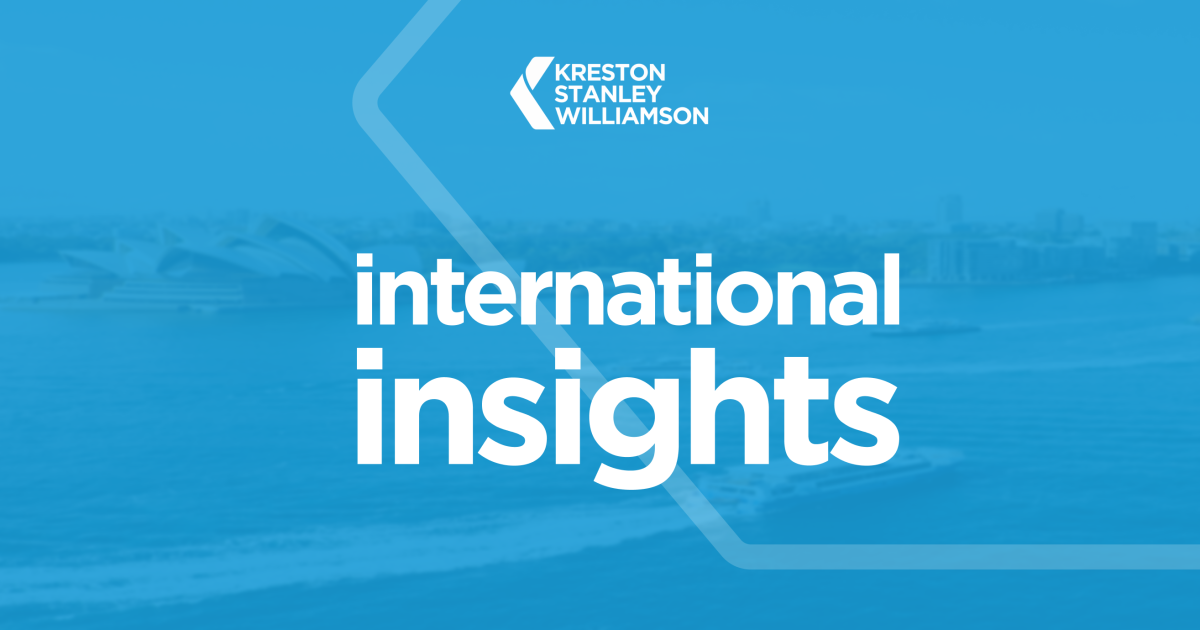Diverted Profits Tax
A new exposure draft has been released regarding the proposed Diverted Profits Tax (DPT). The DPT will strengthen the ATO’s power to deal with multinationals that transfer profits, assets or risks to offshore related parties using artificial or contrived arrangements to avoid Australian tax. It is proposed to take effect from 1 July 2017.
The DPT will apply to global entities with income of at least $1 billion operating in Australia where it is reasonable for the ATO to conclude that profits have been artificially diverted from Australia. The DPT will impose a 40% penalty tax on profits transferred offshore through related party transactions.
There are some carve outs from the new law, including a $25 million de minimis threshold, (i.e. where Australian turnover does not exceed $25 million), which effectively excludes multinationals with relatively small Australian operations.
ATO System Outages
According to the Commissioner of Taxation, the ATO experienced its “worst unplanned system outage in recent memory” from Monday 12 December 2016. Due to a hardware failure, the ATO’s website including the Australian Business Register, along with the Tax Agent, BAS, and Business Portals, all suffered failures. While most functionality has returned, some areas have not been fully restored.
The outage has caused some delays with matters such as issuance of tax refunds, processing of payments received by the ATO, and ABN registrations.
Working Holidays in Australia
After much political debate, a new 15% income tax rate will apply from 1 January 2017 to working holiday maker taxable income up to $37,000, with ordinary tax rates for taxable income exceeding this amount. This is a reduction from the 32.5% that generally applies to the first $37,000 of Australian sourced income of non-residents.
New German Tax Treaty
The new Australia-Germany tax treaty came into force on 7 December 2016, replacing the former 1972 treaty. It modernises the arrangements between Australia and Germany in line with commercial practices, domestic tax systems and recent treaty policies and practices in both countries.
The new treaty aligns with recent OECD tax treaty developments, including provisions intended to minimise tax avoidance opportunities and create a more certain business environment for taxpayers.
Residency Assumption and Capital Gains of a Foreign Trust
Two draft tax determinations have been released regarding the tax treatment of capital gains realised by trusts that are not tax resident in Australia.
Where a CGT event happens to a CGT asset that is not “taxable Australian property”:
- the Trustee disregards the capital gain/loss in calculating its taxable income, and
- doesn’t treat the Trust’s beneficiaries as having capital gains.
However, if an amount attributable to such a gain is paid or applied for the benefit of an Australian resident beneficiary, the amount may be included in the beneficiaries assessable income (TD 2016/D4).
Where such an amount is included in a beneficiaries assessable income, the beneficiary can’t offset capital losses, or access the CGT discount, in relation to the gain (TD 2016/D5).
Exchange of Information with Foreign Revenue Authorities
The ATO has issued PSLA 2016/6, providing guidance on the exchange of information with foreign revenue authorities about indirect taxes. Under the practice statement, the way requests for information from foreign revenue authorities are handled depends on whether the information requested is publicly available or specific to an individual or entity. Publicly available information can be shared without restriction, while taxpayer specific information can only be exchanged if it is authorised by a legal instrument such as Taxation Information Exchange Agreements.
[/vc_column]
[vc_column width=”1/3″]A NOTE FROM OUR PARTNERS
We have written this newsletter specifically for overseas advisers, with the aim of keeping you abreast of specific developments and changes that are occurring in Australia. These changes might effect your business, and some of your clients, so we hope that you find the articles interesting and useful.
If you would like further information about anything within this newsletter, please feel free to get in touch with Darren or Michael – their contact details are below.
MICHAEL GOODRICK


DARREN O’MALLEY


DOING BUSINESS IN AUSTRALIA
For general information on tax and other regulatory issues facing foreign business looking to trade in Australia, we have prepared a “Doing Business in Australia” document.
We hope that it is helpful, and would welcome any queries or feedback you may have. Click here if you’d like to read it.
Kreston Stanley Williamson Team
*Correct as of December 2016
*Disclaimer – this article has been produced by Kreston Stanley Williamson as a service to its clients and associates. The information contained in the article is of general comment only and is not intended to be advice on any particular matter. Before acting on any areas contained in this article, it is imperative you seek specific advice relating to your particular circumstances. Liability limited by a scheme approved under professional standards legislation.














